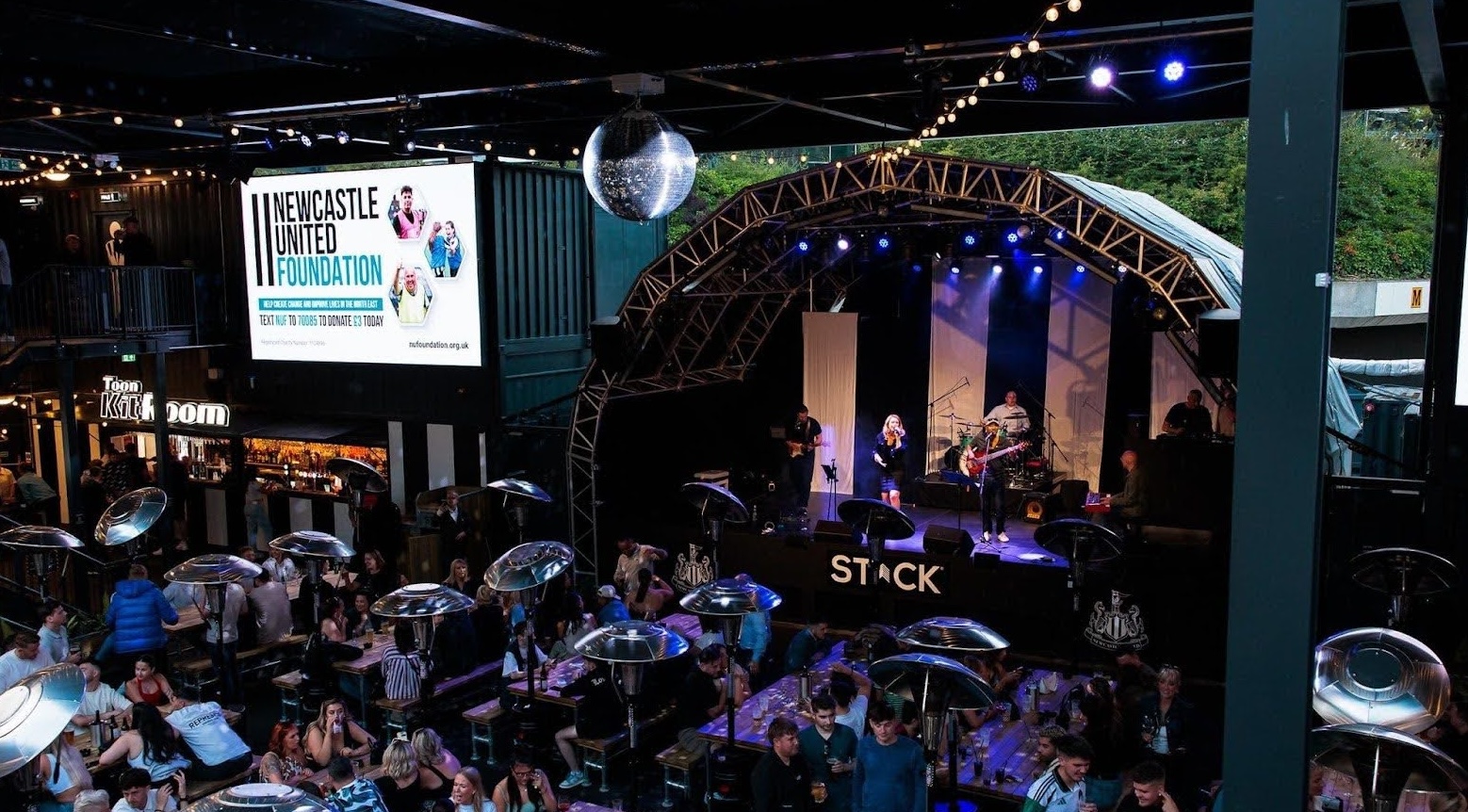
Vaping bans at festivals: A new era of environmentally-friendly events
Whilst after drinking some warm tinnies or an overpriced Fosters, grabbing for your highlighter pen may have been the perfect solution to complete your festival experience, but now the ban is spreading among UK festivals.
And even though it is unpleasant and mildly inconsiderate for festival-goers to have a cloud of crème brûlée blown into their face whilst watching their favourite headliners, the decision to enforce the ban is primarily rooted in the environmental impacts posed by disposable vapes.
Single-use vapes contain lithium-ion batteries, which can catch alight if broken and not properly disposed of at waste centres can cause fires within them.
New research by insurer Zurich Municipal reveals two million single-use vapes are discarded incorrectly in the UK every week.
In conjunction, the data from Material Focus uncovered that there were 700 fires in bin lorries and recycling centres caused by lithium batteries, which is proving tough for recycling centres to ensure their facilities and manage proper waste disposal.
So there is clearly an issue…
Glastonbury, the true trailblazer in this area, sparked the movement, which saw an unprecedented decision hit the fields of Somerset.
The decision was quickly welcomed by Festival Republic, who began to implement banning single-use vapes across their festivals, such as Wireless, Latitude as well as Reading and Leeds, which is currently in full flow.
The British Metals Recycling Association (BMRA) is a stalwart trade association representing over 300 organisations working across the UK's metal recycling sector with an overarching mission to effectively promote the metals recycling industry.
GigPig spoke to Antonia Grey from BMRA, who said: “BMRA has supported moves by festival organisers – first taken by Glastonbury – to tell users to leave their single-use/disposable vapes at home.
“Where festivals don’t want to exclude the use of single-use/disposable vapes, we have strongly urged them to have sufficient take-back opportunities, such as take-back tubes, for festival goers to get rid of the spent vapes appropriately rather than discard them on the ground or put them in a bin.
“As you will have found, vapes are classed as a piece of waste electrical and electronic equipment (WEEE) and as such, in line with regulations, should not be put in the recycling or general waste bins.
“They must also be recycled by an approved authorised treatment facility.
“We are particularly concerned by outdoor events hosted on land that is usually home to livestock because, whilst festivals may have a clean-up crew if missed, a discarded vape has the potential to seriously injure any animal that might accidentally consume it.”
Reading and Leeds Festival has a significant pull for Gen Z, especially those who have just received their A-level or GCSE grades.
Data conducted by Voxburner and Student Beans among 1000 16-25-year-olds found that 40% use vapes, whilst a fifth actively vape despite never having smoked previously.
Regarding this data, Illen Rowe, Social Impact Manager at Student Beans said: “It’s concerning to see vape devices garner so much popularity amongst young people, and it’s especially alarming given the bulk of vape enthusiasts are younger users, with 38% of 16-18 year olds claiming to use e-cigarette devices.
“Lots of young people know about drink spiking and ways to keep themselves safe, however, few are aware of the rising cases of vape spiking, and how to protect against the associated risks.
“And with disposable vape pens, there are also huge environmental consequences.
“Although vapes can be somewhat recycled, we know many will not go to the effort of disposing of them in this way.”
Vape spiking is exactly what happened to Chloe Hammerton, who attended the Isle of Wight Festival and fell drastically ill after taking a puff from a stranger's vape.
Hammerton told Good Morning Britain: “I felt instantly unwell, it was almost like the world went into slow motion, pins and needles throughout my entire body.
“I collapsed to the floor then within a minute I was unconscious, had a seizure, vomiting, my entire body shut down.
“It took me about 24,48 hours to get whatever it was out of my system, but mentally I’m traumatised, to be honest.”
The ban issued by the festivals, while commendable, falls short in the eyes of the Local Government Authority (LGA), as they're calling for a comprehensive ban on the product by 2024.
Cllr David Fothergill, Chairman of the LGA’s Community Wellbeing Board, addressed the call: “Councils are not anti-vapes, which are shown to be less harmful than smoking and have a place as a tool to use in smoking cessation.
“However, disposable vapes are fundamentally flawed in their design and inherently unsustainable products, meaning an outright ban will prove more effective than attempts to recycle more vapes.
“Single-use vapes blight our streets as litter, are a hazard in our bin lorries, are expensive and difficult to deal with in our recycling centres.”
The festival landscape is embracing change to make a shift to sustainability, with the elimination of disposable vapes taking centre stage.
Related news


.jpg)
.jpg)

.svg)

